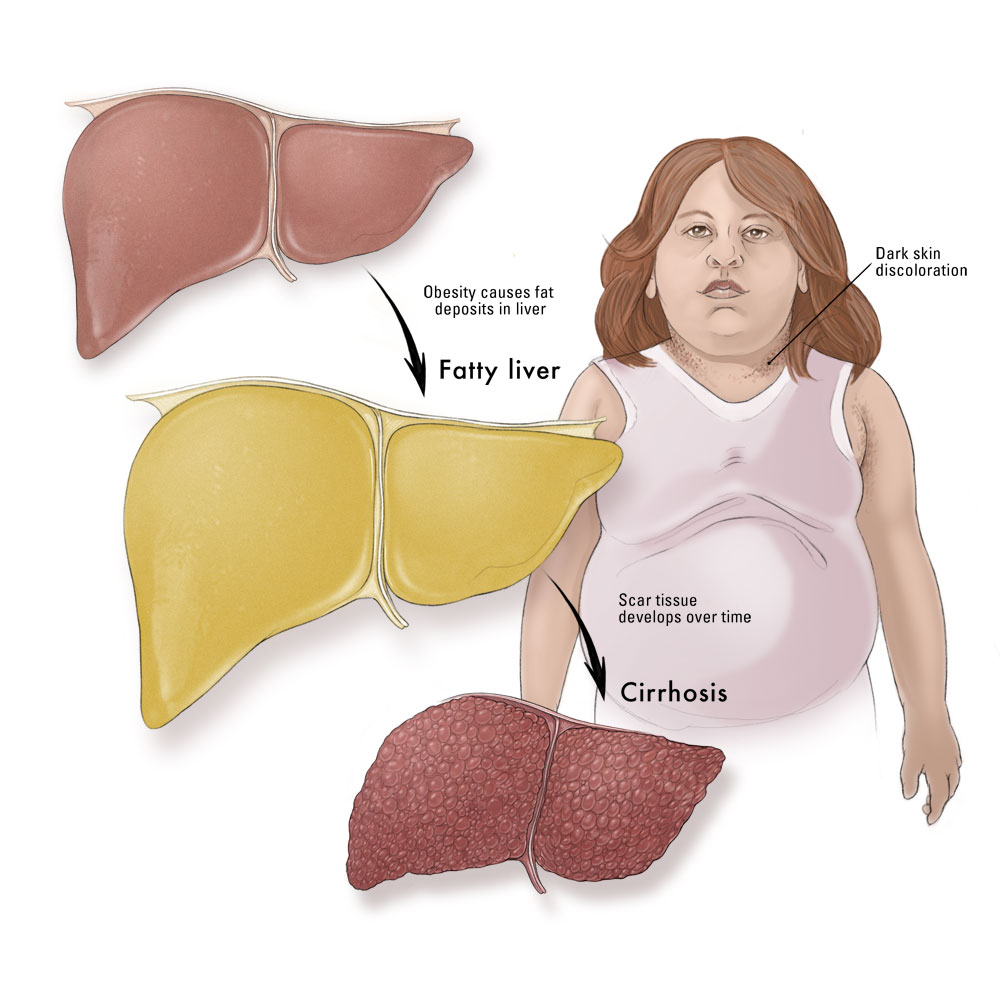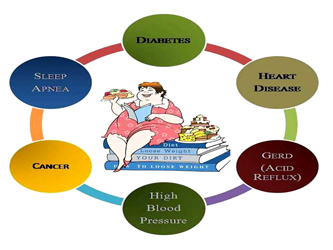Influencing positive eating behaviors in our Children
Influencing positive eating behaviors in our Children: Healthy Lifestyle begins with you

Influencing positive eating behaviors in our Children at that tender age will go along way in breaking the circle of overweight and obesity in generations to come.
We are at it again and so long as we are not adequately addressing the root cause the vicious circle will continue. It is our desire that by giving you this useful health information we will be making progress to breaking the vicious circle of gaining from one generation to another. The wise says teach a child the way they should go and when they grow up they will not depart from it. I totally agree with this because I vividly remember all those things I was taught while I was still a little child and for sure I am reaping the benefits of following them. In my childhood, my parents were very keen on our health and they made all the effort towards influencing positive eating behaviors in us their children. Because of that today we are healthy and impacting the same on our children their grandchildren. I am trying to address the vicious circle of weight gain that is passed on from one generation to another. You and I have a duty to make that little contribution in stopping this by teaching our children positive eating behaviors during childhood. When successfully done, this will set them growing up in total practice of healthy eating habits for life. Remember that increasing a positive relationship with food as well as a balanced approach to eating can lead to better health outcomes in the long run not just for you but for the many generations to come.
Influencing positive eating behaviors in our Children: Indicators to childhood obesity
It is very disturbing that these days the statistics of obese children is increasing everyday across the globe. Doctor Dalal Akoury is today a testimony of what influencing positive eating behaviors in our children can do. Why must we allow our children to be part of that statistics? What joy is there in your children being classified as overweight or obese? This doesn’t just happen but it is the direct result of a number of behaviors including the following:
- Rigorous consumption of foods that are rich in added fat, sugar and salt, especially fried potatoes, sugar-sweetened soft drinks, ice cream, cordials, meat pies and margarine.
- Dislike or low consumption of fruit and vegetables.
- Consumption of junk foods being purchased away from the home (e.g. take away).
- Evening meals being eaten in front of the television.
- Too much of screen time (iPads, TV, computers).
- A decrease in the amount of incidental activity such as walking to and from school.
- A drop in outdoor playtime.
Influencing positive eating behaviors in our Children: What can parents do?
The biggest mistake parents often do is to underestimate their role in the development of healthy eating habits says doctor Akoury. Take this seriously that speaking confidently and positively to your children about healthy foods and role modeling balanced eating is the first step in helping kids develop a healthy relationship with food. It goes without saying that actions speak louder than words. Children watch, they listen and learn through what they see, and then follow what they have observed. What does that communicate to you? It is simple set your children up for life by being a positive role model and creates healthy habits from the start and it all begins with you. They need to see you as their parent practicing that privately and publicly. Doctor Akoury having been in the weight loss discipline for over two decades, is vastly experienced and will be of great help to all parents struggling with their obese children. If this article is addressing your child’s situation or of that of a loved one, then you need to schedule for an appointment with doctor Akoury today so that you can be part of changing the statistics for the better live of your children and the next generation.
Influencing positive eating behaviors in our Children: How do you achieve this?
Doctor Akoury says that you will be surprised to note that very little common things you often ignore are the very things that will make a difference. Take a look at the following ways of influencing positive eating behaviors in our children:
- Enjoy all foods in moderation.
- Don’t binge on ’occasional’ or ‘extra’ foods.
- Prepare homemade meals and try to encourage your children to help you in the process. In other words involve your kids in the menu planning and shopping where possible.
- Talk about healthy foods from the five food groups and what they do for your body. For instance, you could make this statement “this apple is so crunchy and delicious its flesh is helping to keep me stay regular and it’s filling me up with its nutritious sweetness.” Or “these carrot sticks contain a super nutrient called beta carotene that helps my eyes stay sharp and focused. Or “this delicious glass of milk contains calcium and it helps my bones and teeth stay strong.” You can imagine the impact that will have on your children.
- Ensure your child’s diet is balanced and contains a variety of foods from all the five food groups.
- Encourage your children to eat a nutritious breakfast every day using foods from the five food groups.
- Encourage drinking of water instead of soft drink or other drinks containing added sugars. Toss in lemon or lime wedges to flavor water.
- Avoid negative language around less healthy foods such as ‘bad’ or ‘fattening’. It’s not the type of food that’s bad, it’s the amount and how often the food is eaten that can be problematic. Instead, refer to these foods as “occasional” or “extra” foods and keep portion sizes small.
- Place a limit on the number of “occasional” or ‘extra’ foods eaten each week. These foods shouldn’t be eaten daily. Make sure the whole family sticks to this rule and have other, more nutritious snacks available.
- Fill your fridge and pantry with a variety of healthy foods that are easily accessible such as whole fruit, whole grain crackers with slices of reduced-fat cheese, reduced-fat yoghurt or pre-sliced veggie sticks with hummus or reduced fat cream cheese.
- Discourage eating in front of the TV or computer as this is often done mindlessly without paying attention to hunger cues and can result in the consumption of unnecessary kilojoules (energy).
- As often as possible, eat together at the dinner table and turn off the TV, even if the whole family isn’t present.
- Be mindful and listen to hunger cues. Most children are great at eating to their hunger so let your child stop eating when they don’t want anymore. Kids will eat when they’re hungry regardless of the food on offer, so always have healthy options available.
- Children start to form food likes and dislikes from an early age, so always offer variety. It may take many attempts for your child to like a new food, so don’t give up. Offer small amounts and try presenting it in a fun engaging way.
- Avoid using food as a reward or bribe, or holding back on foods as punishment. Use activities or trips to the park as alternatives.
Influencing positive eating behaviors in our Children: Don’t forget about physical activity
Being physically active is an important part of a healthy lifestyle and must never he forgotten. The following are some of the elements you can choose to do for help:
- Limit all screen time to two hours or less a day.
- Make time for your kids to play outside or be active for at least an hour every day.
- Be a role model and make physical activity a family event by going for a bush walk, playing family cricket, playing in the park or kicking a ball around.
- Start increasing incidental exercise such as walking to school or the shops, taking the stairs (not the lift), sweeping the path or doing some gardening.
Influencing positive eating behaviors in our Children: Healthy Lifestyle begins with you




